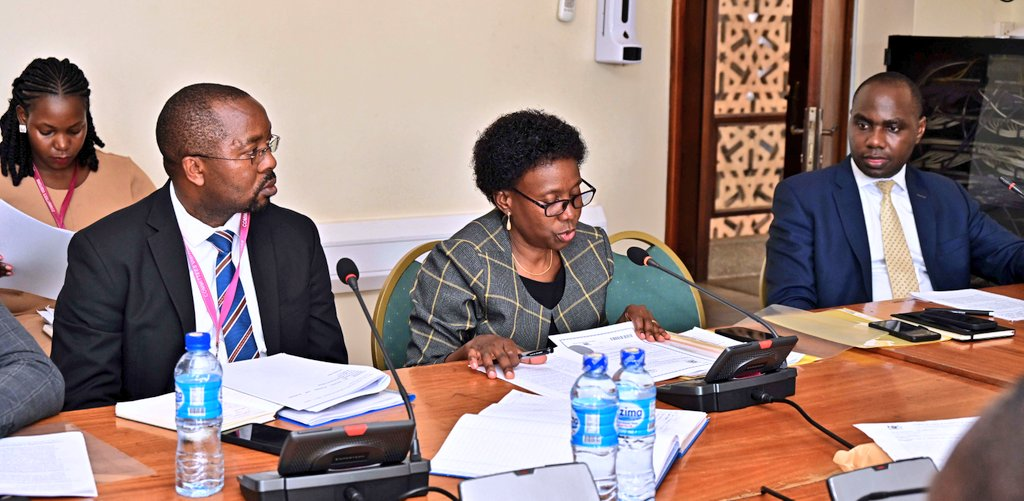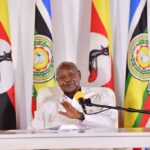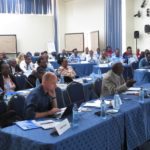The Minister of Health, Dr. Ruth Aceng has revealed that government will borrow $18.09 million (Shs65,923,578,000) from the African Development Fund to finance the expansion and equipping of the Uganda Cancer Institute in order to improve care in Uganda and help reduce the workload oncologists are grappling with.
Jane Ruth Aceng made the remarks while appearing before Parliament’s National Economy Committee, noting that the project is part of the three East Africa’s Centres of Excellence for Skills project in which Uganda was to lead in Oncology, while Tanzania and Kenya were to lead in Cardiology and mythology respectively, but Uganda’s project was hampered by effects of the #Covid-19 pandemic, creating need for additional resources.
She noted that the doctors are very few and overwhelmed with work because the cancer patients are very many.
“If you stepped inside Uganda Cancer Institute today, from the doorway, corridors, even near the washrooms, there are patients. In other countries, they don’t work like that. You will have one doctor attending to 1 or 2 patients in a day, these ones see how many in a day! In huge numbers, anyone would get tired and not do exactly what you would want to do. That is why we need to train as many (Oncologists) as possible, but also, we need to recruit them and also remunerate them better,” Acheng said.
Henry Musasizi, Minister of State for Finance while justifying the need for additional resources explained that the construction of the centre was initially scheduled to take 24 months, however, due to the impacts of the pandemic, and the contractor’s cash flow challenges, the implementation of the civil works activities delayed for 18 months. The civil works contract therefore stretched to over 42 months and prices of materials and labour subsequently increased.
“The demand for cancer care is growing and this, coupled with inadequate infrastructure has incapacitated the Uganda Cancer Institute from providing effective service delivery to patients,” Musasizi said.
He added that the limited infrastructure at the Centre has resulted in congestion, more complications, more expensive alternatives, premature deaths and increased referrals abroad.
He noted, “Currently for example, the cumulative number of patients on the waiting list for nuclear medicines stands at over 500 adult patients. Expansion of treatment and care facilities is thus a priority for Government.”
The project will also address the crucial labour market shortages of highly skilled professionals in oncology sciences and cancer management in Uganda and the EAC region.








